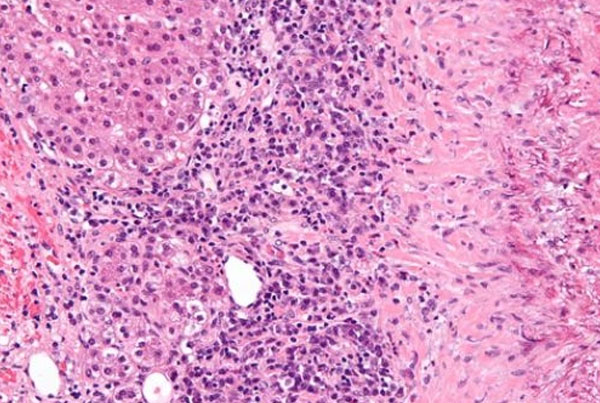Histopathology is a branch of medical science that involves the examination of tissues, cells, and organs to diagnose and understand diseases. It is an essential field in the field of pathology and plays a crucial role in clinical medicine.
Here are some key aspects of histopathology:
-
Tissue Examination: In histopathology, pathologists examine tissue samples obtained from biopsies, surgeries, or autopsies. These tissues are typically stained with special dyes to highlight different cellular components and structures, making it easier to identify abnormalities.
-
Disease Diagnosis: Histopathology helps diagnose various medical conditions, including cancer, infections, autoimmune diseases, and genetic disorders. Pathologists can identify abnormal or diseased cells and tissues under the microscope.
-
Cancer Diagnosis and Grading: In oncology, histopathology is used to confirm the presence of cancer and determine its type and grade. It provides important information for treatment decisions and prognosis.
-
Monitoring Disease Progression: Histopathology can also be used to monitor disease progression and the effectiveness of treatment. Repeated biopsies and examinations help track changes in tissues over time.
-
Autopsies: Post-mortem examinations, or autopsies, are conducted to determine the cause of death, especially when it's unclear or involves suspicious circumstances. Histopathology plays a crucial role in this process.
-
Research: Histopathology is not only a diagnostic tool but also a valuable research tool. It is used in biomedical research to study disease mechanisms, develop new treatments, and improve our understanding of various diseases.
-
Immunohistochemistry: This technique is often used in histopathology to identify specific proteins or antigens within tissue samples. It helps pathologists further characterize diseases and determine treatment options.
-
Electron Microscopy: In addition to light microscopy, electron microscopy is sometimes used in histopathology to study ultrastructural changes in cells and tissues at a higher resolution.
Histopathologists are medical doctors with specialized training in pathology who interpret the findings from tissue samples. They work closely with other healthcare professionals, such as surgeons, oncologists, and radiologists, to provide accurate diagnoses and contribute to patient care.
Histopathology is a vital component of modern medicine, aiding in the early detection, diagnosis, and treatment of various diseases. It plays a significant role in patient management and improving overall healthcare outcomes.

